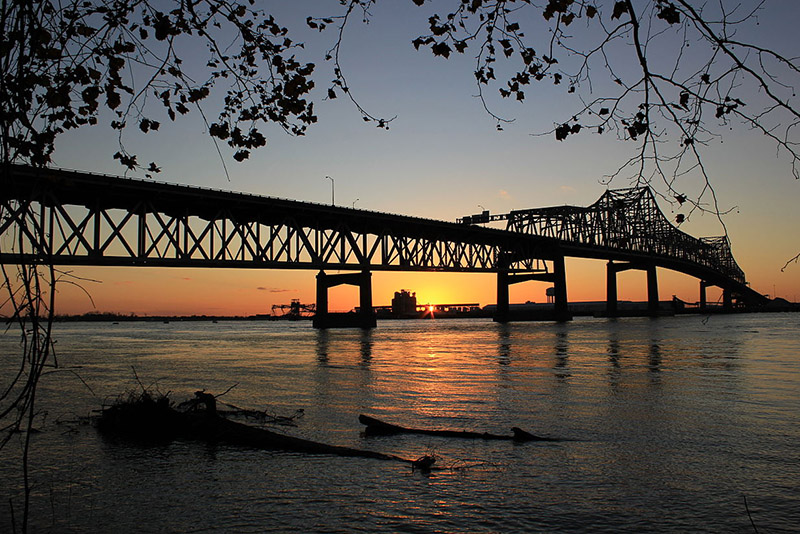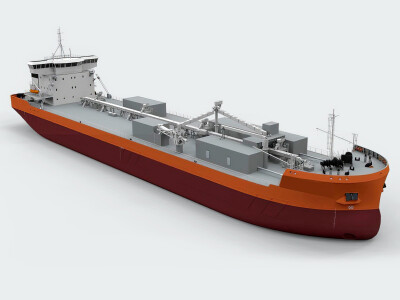To those of us who work on the Mississippi River, the death of Capt. Ambarish Parekh on July 19 was heartbreaking in its banality: A man loses his grip or misses a step, falls into the river, and is found hours or days later, washed against the reeds or swept downriver.
It happens so frequently that newspapers can only give each death a few short paragraphs, and the news pages aren’t the place for obituaries and tributes anyway.
Yet the death of Capt. Parekh resonates to the core of all who work on the water. For as John Donne wrote, “Each man’s death diminishes us all.” Statistically, only half of all those who fall into the river survive, whether or not they’re wearing life preservers. We know that death waits with every leap from a heaving launch onto the wet and flailing rungs of a ship’s pilot ladder, but it takes a real death, the loss of one of us, for the reality to sink in.

Capt. Ambarish Parekh. Maritech Commercial Inc. photo.
I knew Capt. Parekh for almost 20 years. We worked for different companies, but in the same field — marine surveying on the ships, boats and barges on the Mississippi River, and on the docks and wharves and floating rigs that line it from the mouth to Baton Rouge, La. A tall, dignified man, a consummate professional in a difficult profession, Capt. Parekh was a soft-spoken, gentle soul who stood out in a field crowded with blowhards and braggarts. And when Capt. Parekh spoke, standing on a ship’s deck with a dozen surveyors attending representing different and usually hostile interests, we all listened. His quiet and authoritative voice spoke louder than any bluster could.
Capt. Parekh was also that rara avis, a marine surveyor who never tailored his findings to the interests of his clients. It’s a complicated field. Different surveyors can honestly differ on the cause and extent of a given casualty, but there are surveyors who carry this beyond the proper limits. I remember a local surveyor, now long-retired, known as “Two-Bottle Billy” because he carried two identical brown bottles, one filled with silver nitrate solution (for detecting saltwater contamination) and the other with plain water. Which one he pulled out in a question of damaged cargo depended on who his client was.
Of course, we in the business soon learn who bends the facts and who doesn’t. And everybody knew that Capt. Parekh was punctiliously honest, a reputation that gave his opinions even greater weight.
It is telling, and sadly ironic, that such a kind and gentle man, a gentleman in every sense of the word, may have lost his life giving way to a lady. Although I don’t know the absolute facts of the case, it appears that after he stepped from a launch onto the bottom platform of a ship’s boarding ladder, he saw that a female USDA inspector was coming down. In attempting to step back onto the launch to give her room to pass, he lost his footing and fell in the river. And even though he had a life jacket on, he was quickly swept away.
The marine surveying fraternity in South Louisiana is not particularly close knit, especially considering that we usually represent opposing interests, but Capt. Parekh’s funeral was an occasion for his many friends and colleagues to meet again. In a sad but congenial setting, we shared stories of him and of our own close calls. And as we left the service, I’m sure many felt as I did: “A good and kind man has been taken from us, and there but for the grace of God go we.”





